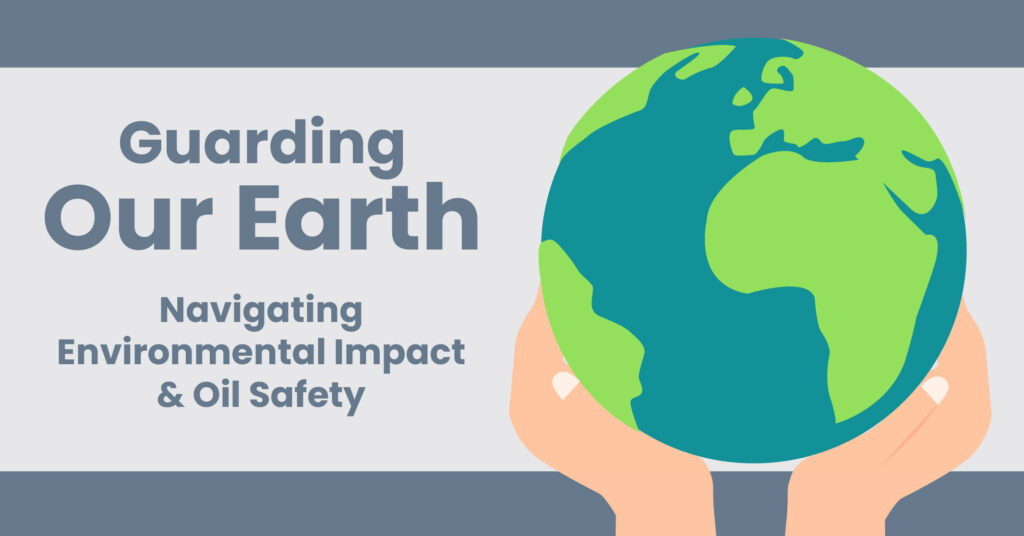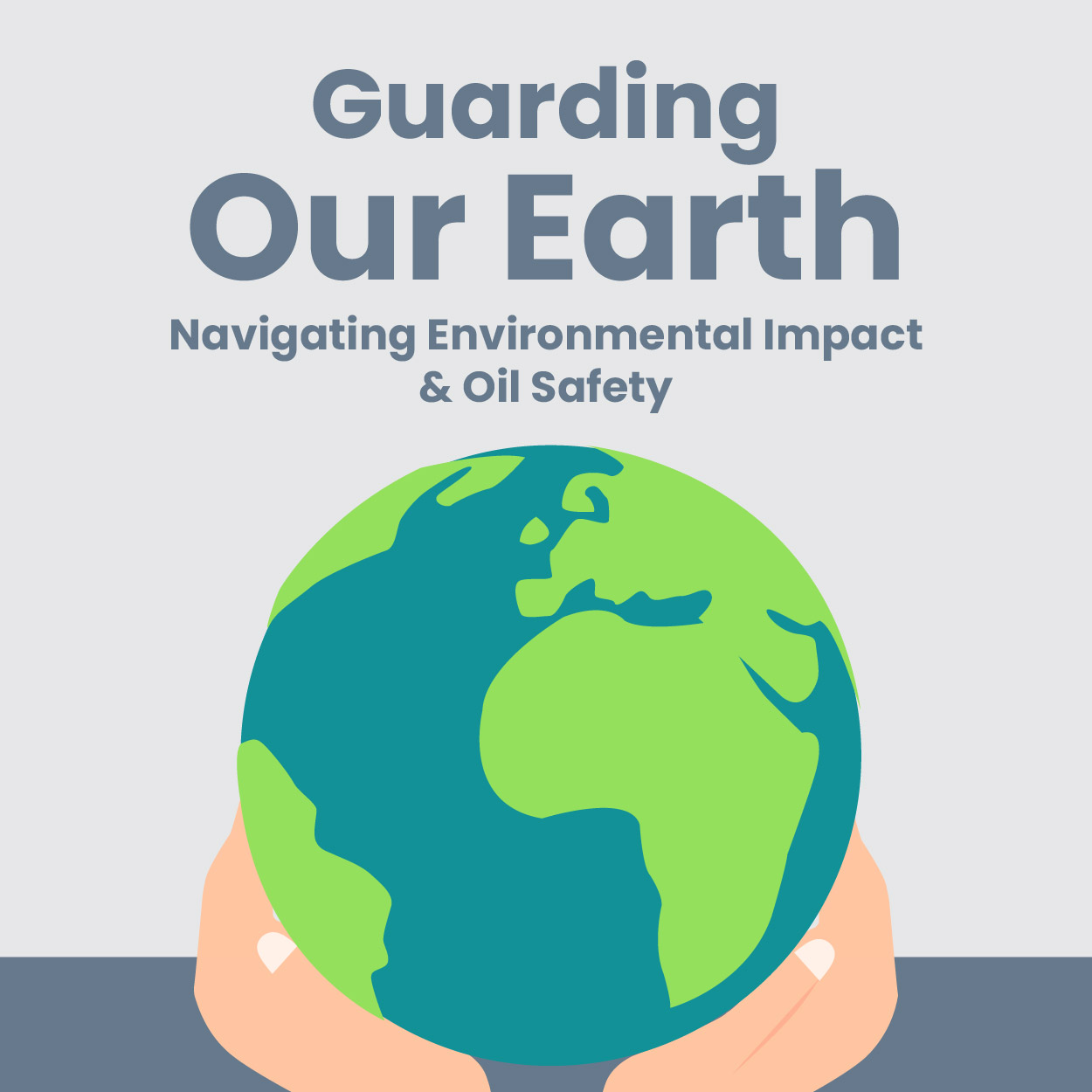
Guarding Our Earth: Navigating Environmental Impact and Oil Safety
The global demand for oil remains a cornerstone of modern economies, powering industries and sustaining daily life. This demand comes at a significant cost to our environment. The potential environmental hazards associated with oil spills and leaks pose a grave threat to aquatic ecosystems, wildlife, and human health. As responsible stewards of our planet, oil companies and society as a whole must understand and address these risks. In this blog, we will dive into the multifaceted challenges posed by oil spills and leaks, explore the measures companies can take to minimize their ecological footprint, and highlight the pivotal role of technology and innovation in ensuring oil safety.
The Enviromental Toll of Oil Spills and Leaks
Oil spills and leaks are synonymous with catastrophic environmental damage. The release of crude oil into marine and terrestrial ecosystems disrupts the delicate balance of nature, leading to dire consequences for both the environment and local communities. Marine life suffers from oil-coated feathers, toxic ingestion, and smothered habitats. These incidents can decimate fish populations, disrupt migration patterns, and impair the health of marine animals. In addition, oil-contaminated water bodies can lead to long-term impacts on human health, with potential toxic compounds entering the food chain.
Preventing Spills: A Multi-Faceted Approach
Rigorous Safety Protocols and Training
- A crucial step in minimizing oil spills is the implementation of rigorous safety protocols and comprehensive training for personnel. Companies must prioritize a culture of safety, ensuring that every employee is equipped with the knowledge and tools to prevent accidents. YellowBird Pros are familiar with the oil & gas industry and the intricacies that come with these trainings. If you’re looking for help, post a job on YellowBird today!
Advanced Monitoring and Detection Systems
- Cutting-edge monitoring and detection systems, such as satellite systems and underwater sensors play a pivotal role in early detection of leaks. These technologies use underwater sensors and monitoring from space to identify anomalies, allowing companies to take proactive measures before a minor issue escalates into a disaster.
Robust Containment Barriers
- Employing physical containment barriers, such as booms and barriers, can be instrumental in restricting the spread of oil in case of a spill. These barriers create a barrier between the spilled oil and sensitive ecosystems, mitigating the extent of environmental damage.
Mitigating Impact: Spill Response and Cleanup
Swift Response Plans
- In the unfortunate event of a spill, having a well-defined and practiced spill response plan is critical. Companies should establish a clear chain of command, assign responsibilities, and ensure that response teams are well-prepared to address the situation promptly.
Innovative Cleanup Technologies
- Innovations in cleanup technologies have evolved significantly over the years. From sorbents that absorb oil to bioremediation techniques that harness the power of microbes to break down hydrocarbons, these advancements enhance the effectiveness of oil spill cleanup efforts while minimizing environmental impact.
Collaboration and Public Engagement
- Addressing oil spills requires a collaborative effort between companies, government agencies, NGOs, and local communities. Transparent communication and engagement with the public foster a sense of responsibility and accountability, ensuring that the collective effort yields the best possible outcomes.
- Having a Spill Protection Plan in place is key. Learn how to create and what to include in your own Spill Protection Plan here.
Embracing Sustainability: A Call to Action
Consumers hold an immense amount of power to drive change. They can support companies that prioritize sustainability, urging them to invest in research and development of safer extraction methods, explore alternative energy sources, and implement eco-friendly practices. By choosing products and services that align with environmental values, you can send a strong signal to industries that sustainable practices are not just a choice but a necessity.
The environmental impacts of oil spills extend far beyond the immediate and visible consequences. Beyond the heartbreaking images of oil-coated wildlife and tainted shorelines, there are insidious, long-term effects on ecosystems that persist for years. Oil spills have been shown to cause disruptions in the reproductive cycles of marine life, leading to population declines. Additionally, the toxic components of crude oil can linger in the environment, causing chronic health issues for both wildlife and humans.
As we strive for a future that balances our energy needs with the health of our planet, oil companies must commit to stringent safety measures, comprehensive spill response plans, and ongoing research into innovative cleanup technologies. Together, through collaborative efforts and conscious consumer choices, we can safeguard our Earth from the ravages of oil-related environmental disasters and ensure a sustainable future for generations to come.
When teaming up with YellowBird you are choosing to support companies that prioritize environmental responsibility and advocate for sustainable practices. At YellowBird we can equip you with a variety of training, a spill protection plan, ensuring you have correct policies and procedures to keep you and your employees safe. Get started with us today at https://goyellowbird.com/.





